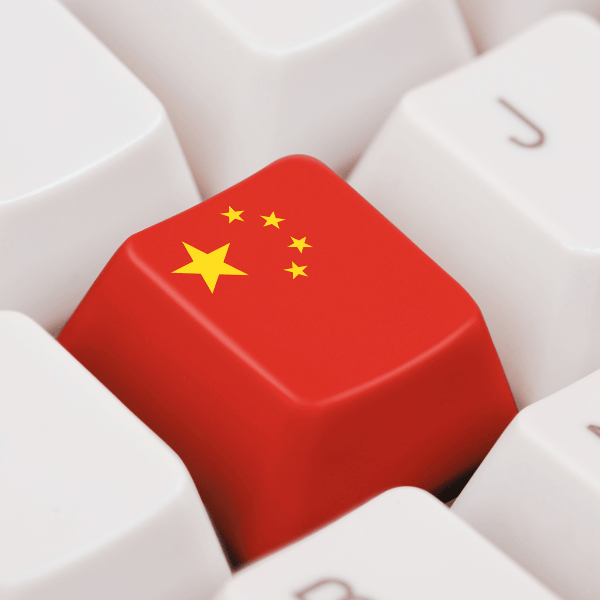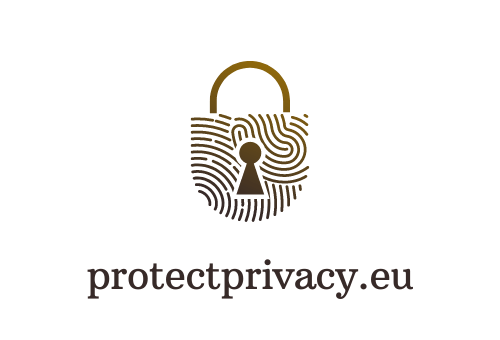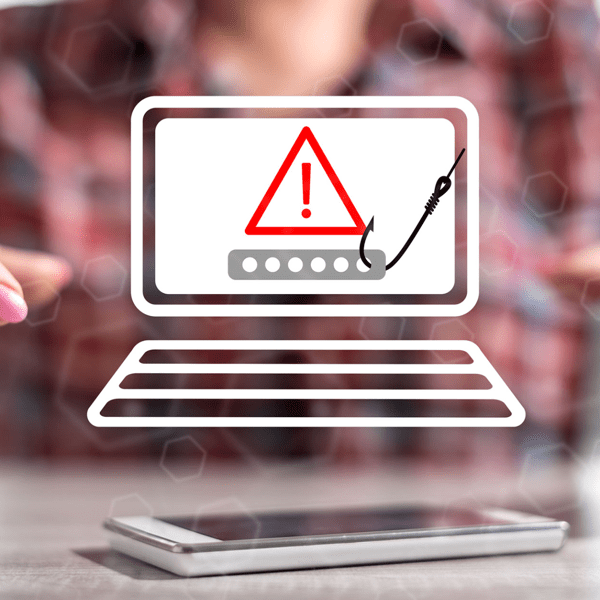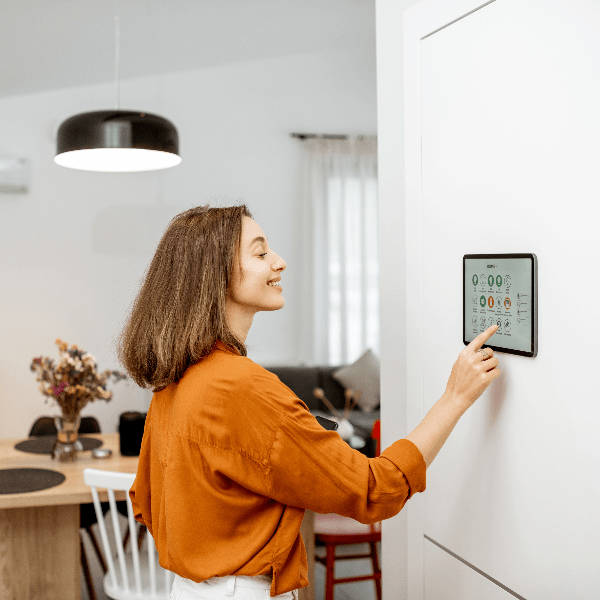TikTok’s Affiliation with the Chinese Government – Australian Boss Unable to Answer A Key Question

Australian lawmakers are increasingly concerned about the ties between TikTok and the Chinese Communist Party and are considering banning the popular app for those in government, intelligence, and defense industries. The debate has been sparked by recent revelations that the app is able to harvest in-depth information on its users, including location data, keystrokes, facial mapping, voice recognition, and other app usage data.
In a recent interview with 60 Minutes, TikTok Australia’s Managing Director of Operations, Lee Hunter, distanced the company from its Chinese ties, saying that the video-sharing platform would not give information to the Chinese government if asked. However, when pressed on whether the Communist Party or its intelligence agencies could simply take the information, Hunter appeared not to have an answer.
A recent submission to an Australian Senate committee looking at foreign interference through social media identified senior executives at ByteDance who had strong links with the CCP, adding to concerns about the security of user data. Despite this, Hunter reiterated that Australian user data is held in the US and Singapore, and that the most important thing to TikTok is keeping that data safe and secure.
Global Concerns About TikTok’s Practices
However, concerns about the security of user data have already led to bans in other countries, including Denmark, Canada, Great Britain, France, New Zealand, and the European Union. In the United States, the White House, US armed forces, and more than half of US states have already banned the app from official devices, and pressure is building on TikTok to obtain new ownership or lose access to the enormous US market.
In a grueling five-hour hearing in the US Congress, TikTok CEO Shou Zi Chew faced relentless questioning from combative lawmakers on both sides of the political aisle over the app’s ties to China and its danger to teens. Chew repeatedly denied that ByteDance is an agent of China or any other country, but lawmakers remain concerned that user data could end up in the hands of the Chinese government or that the app could be used to promote narratives favorable to the country’s communist leaders.
The concerns about TikTok’s Chinese ties are not just limited to data security issues. In 2019, The Guardian reported that the app was instructing its moderators to censor videos that mention Tiananmen Square and included images unfavorable to the Chinese government. The platform has since said that it has changed its moderation practices, but the incident has added to concerns about the app’s ties to the Chinese government.
Australia to Examine the Likehood of Chinese Government’s Involvement
As the debate over TikTok’s security and ties to the Chinese Communist Party continues, Australian lawmakers are expected to haul the company’s Australian executives to parliament as they examine how social media platforms could be used for foreign interference. Senator James Paterson has emphasized that the issue has nothing to do with the ethnicity of the people who work for or run TikTok but rather concerns about the government to which the company is beholden. “It’s a very powerful actor in our region,” he said. “That means we have to view this through a different light through a national security lens. Otherwise, we’re being very complacent.”







